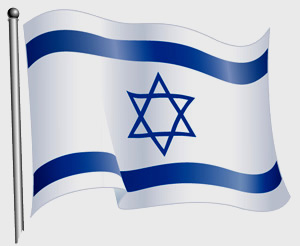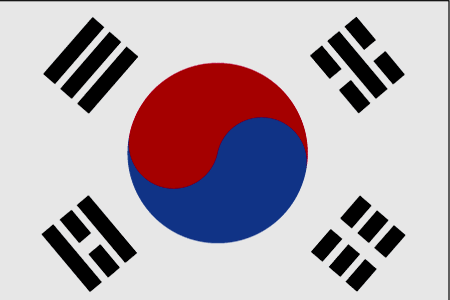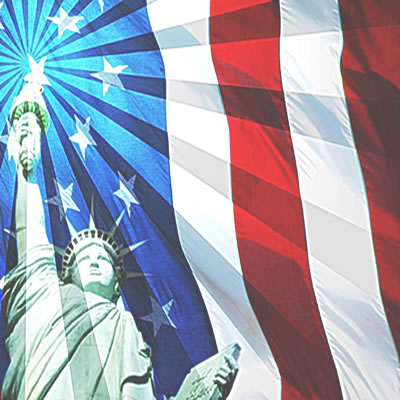Freedom
"America did not invent human rights. In a very real sense... human rights invented America."
Jimmy Carter
- it would have been a world without Israel

After 1945, Britain found itself in fierce conflict with the Jewish community, as the Haganah joined Irgun and Lehi in armed struggle against British rule. At the same time, thousands of Jewish refugees from Europe sought shelter in Palestine and were turned away or rounded up and placed in detention camps by the British. In 1947, the British government withdrew from the Mandate of Palestine, stating it was unable to arrive at a solution acceptable to both Arabs and Jews.The newly created United Nations approved the Partition Plan for Palestine (United Nations General Assembly Resolution 181) on November 29, 1947, which sought to divide the country into two states—one Arab and one Jewish. Jerusalem was to be designated an international city—a corpus separatum—administered by the UN.
The Jewish community accepted the plan, but the Arab League and Arab Higher Committee rejected it.On December 1, 1947, the Arab Higher Committee proclaimed a three-day strike, and Arab bands began attacking Jewish targets.Jews were initially on the defensive as civil war broke out, but they gradually moved onto the offensive.The Palestinian Arab economy collapsed and 250,000 Palestinian-Arabs fled or were expelled.
On May 14, 1948, the day before the expiration of the British Mandate, the Jewish Agency proclaimed independence, naming the country Israel.The following day, the armies of five Arab countries—Egypt, Syria, Jordan, Lebanon and Iraq—attacked Israel, launching the 1948 Arab-Israeli War;Sudan, Yemen and Saudi Arabia also later sent troops to assist the Arab contingent. After a year of fighting, a ceasefire was declared and temporary borders, known as the Green Line, were established.
Jordan annexed what became known as the West Bank and East Jerusalem, and Egypt took control of the Gaza Strip. Meanwhile, Israel was accepted as a member of the United Nations by majority vote on May 11, 1949. According to UN estimates, 711,000 Arabs, or about 80% of the initial Arab population, were expelled or fled the country during the conflict.The fate of these Palestinian refugees remains a major point of contention in the Israeli-Palestinian conflict.
In the early years of the state, the Labor Zionist movement led by Prime Minister David Ben-Gurion dominated Israeli politics.These years were marked by an influx of Holocaust survivors and Jews from Arab lands, many of whom faced persecution in their original countries. Consequently, the population of Israel rose from 800,000 to two million between 1948 and 1958.Most arrived as refugees with no possessions and were housed in temporary camps known as ma'abarot; by 1952, over 200,000 immigrants were living in these tent cities. The need to solve the crisis led Ben-Gurion to sign a reparations agreement with West Germany that triggered mass protests by Jews angered at the idea of Israel accepting financial compensation from Germany for the Holocaust.
In the 1950s, Israel was frequently attacked by Palestinian fedayeen, mainly from the Egyptian-occupied Gaza Strip.In 1956, Israel joined a secret alliance with Great Britain and France aimed at regaining control of the Suez Canal, which the Egyptians had nationalized (see the Suez Crisis). Israel captured the Sinai Peninsula but was pressured to withdraw by the United States and the Soviet Union in return for guarantees of Israeli shipping rights in the Red Sea and the Canal.
In the early 1960s, Israel captured Nazi war criminal Adolf Eichmann, an architect of the Final Solution, in Argentina and brought him to trial.The trial had a major impact on public awareness of the Holocaust,and Eichmann remains the only person ever to be executed by order of an Israeli court.
- a world without South Korea
 South Korea–United States relations have
existed since the 19th century, when American traders wanted to
open Korea up to Western trade, even using violence to do so. The
United States did trade with Korea for a while, but agreed that
Japan could annex Korea, and it did, until World War II when Japan
and the United States fought on opposing sides, with it, the United
States, and the Soviet Union vying for the Korean colony upon Japan's loss of the war.After World War II, the United States occupied the southern
half of Korea and the Soviet Union the northern half. Both sides
claimed sovereignty over each other, but after the Korean War in
which the U.S. fought for South Korea, the existing borders were
reaffirmed as permanent. The United States worked on building an
anticommunist state in South Korea, often relying on corrupt
dictatorships to do so, despite pro-democracy rhetoric.
South Korea–United States relations have
existed since the 19th century, when American traders wanted to
open Korea up to Western trade, even using violence to do so. The
United States did trade with Korea for a while, but agreed that
Japan could annex Korea, and it did, until World War II when Japan
and the United States fought on opposing sides, with it, the United
States, and the Soviet Union vying for the Korean colony upon Japan's loss of the war.After World War II, the United States occupied the southern
half of Korea and the Soviet Union the northern half. Both sides
claimed sovereignty over each other, but after the Korean War in
which the U.S. fought for South Korea, the existing borders were
reaffirmed as permanent. The United States worked on building an
anticommunist state in South Korea, often relying on corrupt
dictatorships to do so, despite pro-democracy rhetoric.
Not until the 1980s did the South Korean economy start to boom, and the U.S.-Korean relationship switch to being primarily economic. However, 30,000 American troops remain in South Korea today, their presence is controversial, for reasons of race, environmental damage, and historical role in atrocities. Trade issues such as a dispute over tainted beef are current.
- a world without free countries like:
Taiwan
Haiti
Japan
Nicaragua
Falkland
